About SSV Token (SSV)
SSV.Network is a decentralized protocol that plays a pivotal role in the distribution of validator node operations within the Ethereum blockchain network. Its primary goal is to simplify and enhance the operation of Ethereum validator nodes by allowing multiple participants to share the responsibility of managing these nodes. This collaborative approach significantly reduces the cost and barrier to entry for individuals who want to participate in Ethereum staking.
At its core, SSV.Network is a layer between the Ethereum Beacon Chain and validator nodes, acting as an intermediary that enables the division of validator operations across multiple participants. This makes the platform a crucial tool for decentralization, scalability, and security within Ethereum’s staking ecosystem.
How SSV.Network Works
- Multi-Operator Node System:
SSV.Network enables the creation of a multi-operator validator node where the operations and responsibilities of the node are distributed across four or more independent peers. These peers do not require trust between each other, ensuring that the system remains decentralized and secure. Each participant is responsible for a portion of the operations, effectively reducing the risk of a single point of failure. - Validator Key Transformation:
One of the key innovations of SSV.Network is the transformation of the validator key into a multi-sig (multi-signature) system. This system is governed by SSV’s consensus layer, which ensures that multiple parties manage and operate the key, enhancing security and reliability. - Lowering the Barrier to Entry:
By distributing validator node operations, SSV.Network enables lower costs for individuals who wish to stake on Ethereum. This model allows participants to contribute to Ethereum’s proof-of-stake (PoS) system without having to individually own or operate an entire validator node, reducing both the capital and technical requirements. - Decentralized Autonomous Organization (DAO):
Originally conceived as a research project by the Ethereum Foundation in 2019, SSV.Network has evolved into a DAO (Decentralized Autonomous Organization), where governance and decision-making are handled by a community of stakers, developers, and node operators. This ensures that the protocol remains community-driven, and stakeholders can have a say in its development.
Development and Roadmap
- Testnet Launches:
- Testnet V1: The first version of the SSV.Network testnet was launched on April 7, 2021.
- Testnet V2: Following the initial testnet, Testnet V2 was deployed later in July 2021.
- Primus Testnet: The Primus testnet was launched in two phases from January 24 to April 4, 2022, offering a more advanced version of the protocol to test and refine its operations.
- Mainnet Launch: As of now, SSV.Network has not yet officially launched its mainnet, with ongoing developments and tests required to ensure the system’s scalability, security, and stability before the full launch.
- Future Development:
SSV.Network aims to create a sustainable and inclusive model for Ethereum staking and other staking operations across different blockchains. The protocol has indicated the potential for further testnets before the final mainnet release, ensuring the platform’s robustness and reliability.
SSV.Network Token ($SSV)
The protocol operates using its native token, $SSV, which plays an essential role in the ecosystem. The $SSV token serves several important functions:
- Governance:
$SSV holders can participate in the governance of the SSV.Network DAO, allowing them to vote on proposals, upgrades, and other decisions related to the protocol’s development. - Staking:
The $SSV token is also used within the staking model, incentivizing participants to engage with the protocol and secure the network. - Ecosystem Link:
The $SSV token acts as a link between the SSV ecosystem and the broader community, helping to drive engagement and encourage collaboration among participants.
Key Benefits of SSV.Network
- Increased Decentralization:
By distributing validator node operations across multiple independent participants, SSV.Network significantly increases decentralization, which is crucial for maintaining the security and trustworthiness of the Ethereum network. - Lower Costs for Stakers:
The multi-operator node system lowers the financial and technical barriers for individuals looking to participate in Ethereum staking. Users can stake their assets and contribute to the network without the need to manage a full validator node. - Security and Redundancy:
With multiple peers sharing validator responsibilities and using multi-sig technology to manage the validator key, the network achieves higher security and redundancy, reducing the risk of a single point of failure. - Scalability:
SSV.Network’s innovative approach to Ethereum staking enables the network to scale more efficiently, supporting an ever-growing number of validators without compromising security or decentralization.
The Future of SSV.Network
As Ethereum continues to evolve and move toward a fully operational proof-of-stake system, SSV.Network is poised to become an integral part of the ecosystem, providing a secure, scalable, and inclusive solution for validators and stakers. The growing network of stakers, developers, and node operators, combined with the DAO governance model, ensures that the protocol will continue to adapt and grow in response to the needs of the community.
SSV.Network is not only a crucial part of the Ethereum staking landscape but also has the potential to influence staking solutions across other blockchains as well, offering a decentralized solution for staking and validator operations that can be adopted by various projects in the blockchain space.



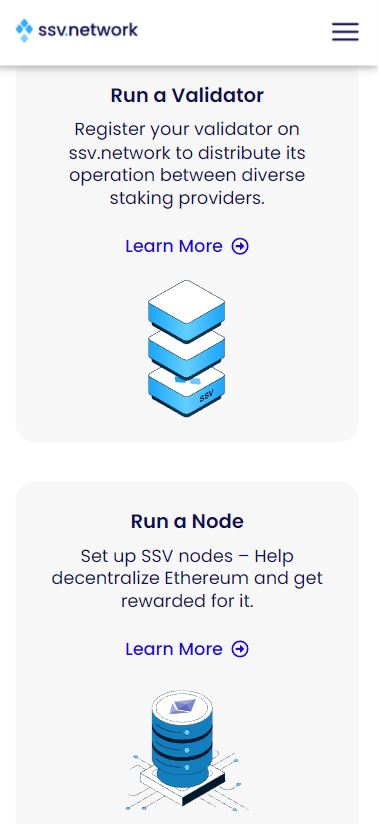
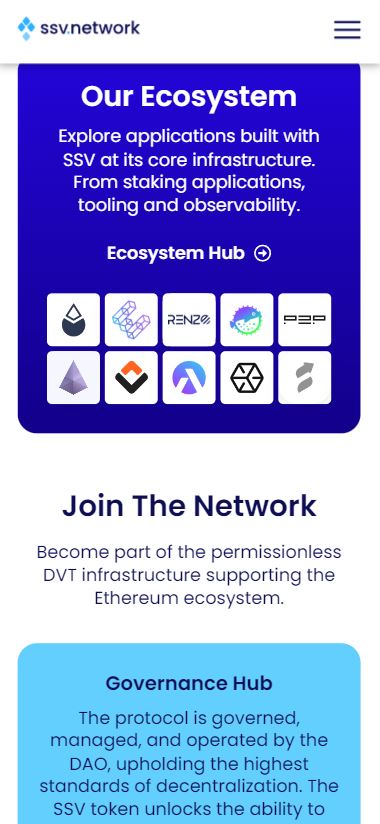
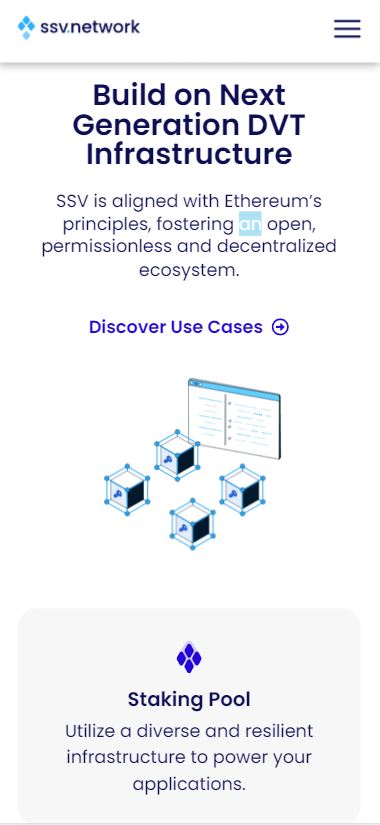
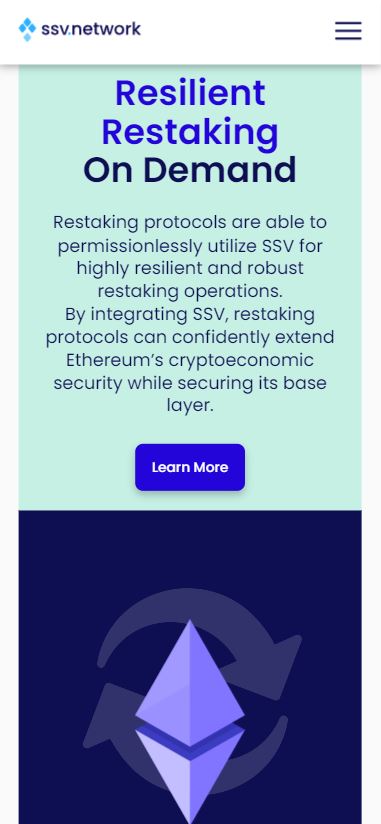
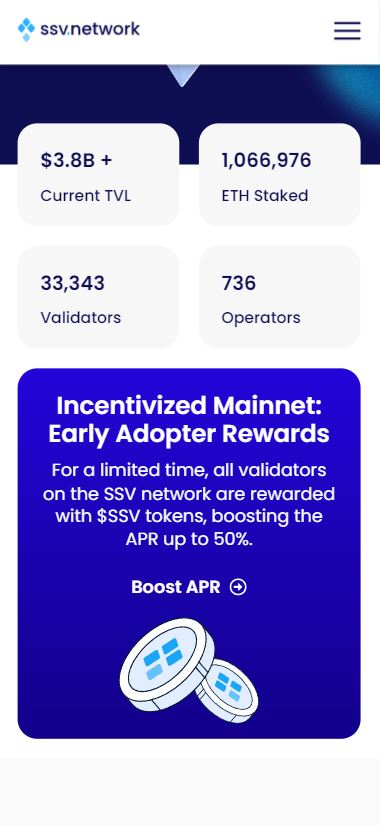
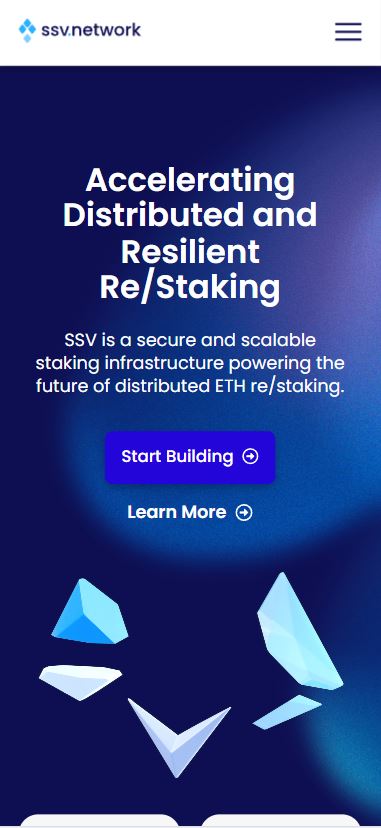














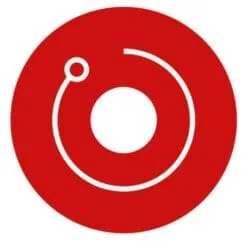
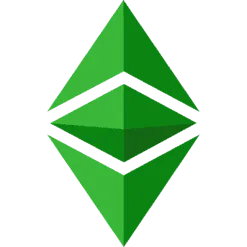
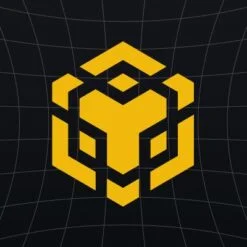
Anthonywax –
Altcoin news
In Trader –
Not Bad !